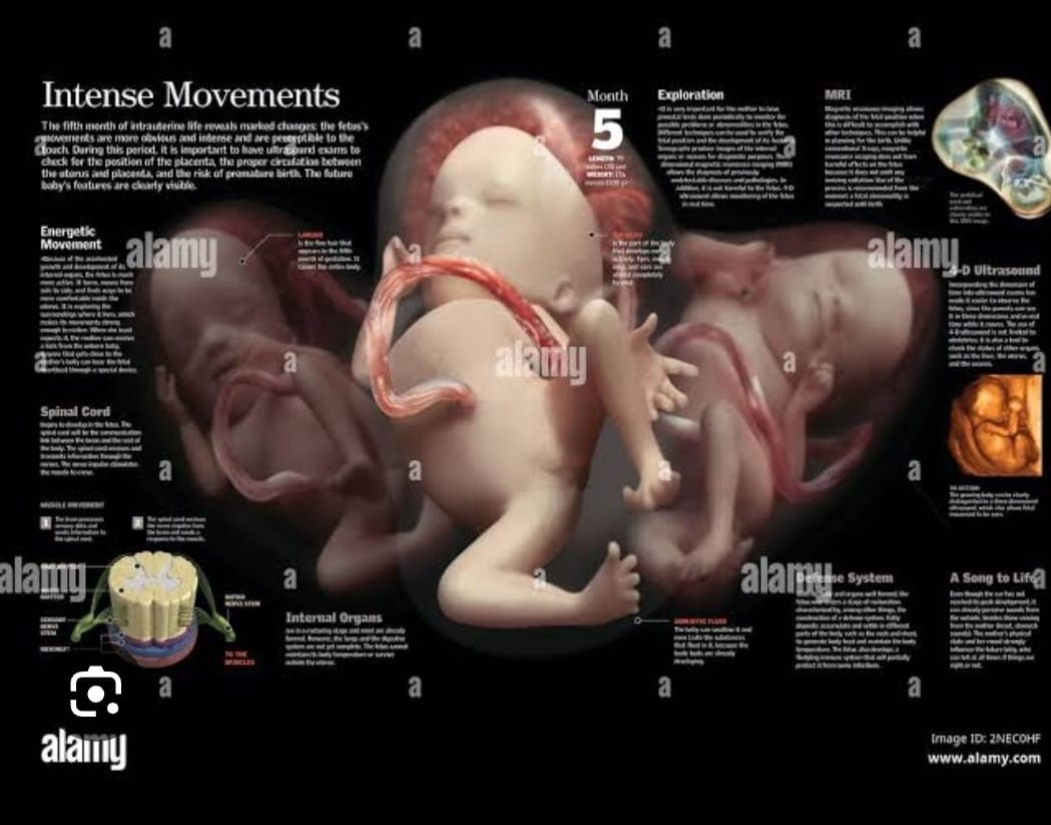
Perception of baby movements, or fetal movement perception, typically refers to the sensations a pregnant person experiences as the fetus moves. These movements can include kicks, rolls, and stretches.
Key points about fetal movements:
Timing: Most pregnant individuals begin to feel fetal movements between 18 to 25 weeks of gestation. First-time parents may notice movements later than those who have been pregnant before.
Types of Movements: Movements can vary, including small flutters, stronger kicks, and more pronounced shifts as the baby grows.
Frequency: As the pregnancy progresses, the frequency and strength of movements generally increase, peaking around 28 to 32 weeks. Later, as space decreases, movements may feel different but are usually still present.
Monitoring Movements: It's common for healthcare providers to recommend monitoring fetal movements, particularly in the third trimester. A reduction in movement can sometimes indicate potential issues, and it's advised to consult a healthcare professional if significant changes are noted.
Emotional Connection: Feeling movements can enhance the emotional bond between the parent and baby, as it is often the first tangible sign of the baby's presence.




